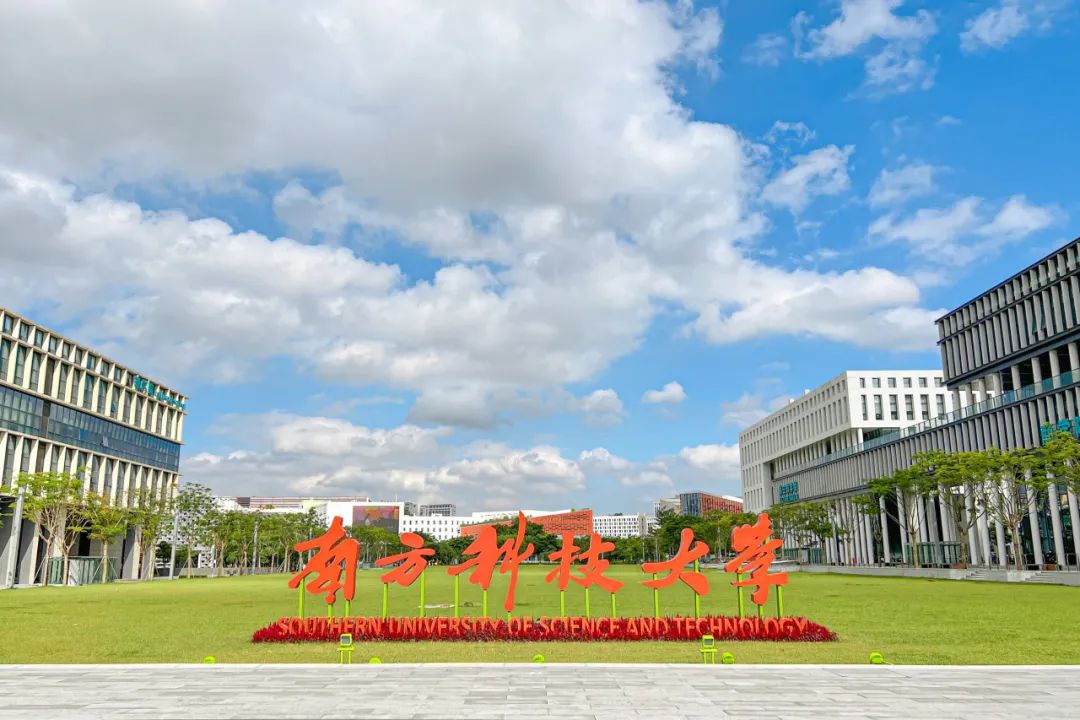Overview
This scientific program is proposed to highlight the recent advances and new perspectives in developing, analyzing, and applying modern numerical methods for nonlinear hyperbolic PDEs. The program will serve as a forum for researchers at different stages of their careers and from many countries around the world to provide a unique opportunity for in-depth technical discussions, exchange of ideas, identify “big” problems in application areas that require innovative mathematical and numerical approaches, and foster new collaborations.
The scientific program will feature three thematic workshops, a thematic spring school, and 19 mini-courses, which will be taught during Spring 2024 as a part of the special program.
The workshop and spring school topics are:
Opening Workshop: Recent Advances in Numerical Methods for Hyperbolic Conservation Laws, December 9-15, 2023
Workshop II: Development of High-Order Methods for Hyperbolic PDEs, March 15-19, 2024
Spring School: Numerical Methods for Shallow Water Models, May 6-10, 2024
Workshop III: Numerical Methods for Shallow Water Models, May 11-15, 2024
This three-month program is expected to be attended by long- and short-term visitors and workshop and spring school participants (approximately 65 invited participants). In addition, junior researchers who want to participate in the program, are welcome to apply. The program will provide graduate students, postdocs, and early-career professors with the opportunity to expose their research to senior members of the community.
List of participants
Abgrall Remi (University of Zurich, Switzerland)
Berthon Christophe (University of Nantes, France)
Busto Ulloa Saray (University of Vigo, Spain)
Castro Manuel (University of Malaga, Spain)
Chen Guoxian (Wuhan University, China)
Cheng Juan (IAPCM, CAS, China)
Cheng Yingda (Michigan State University, USA)
Don Wai Sun (Hong Kong Baptist University, Hong Kong)
Du Jie (East China Normal University, China)
Dumbser Michael (University of Trento, Italy)
Goloviznin Vasily (Lomonosov Moscow State University, Russia)
Herty Michael (RWTH Aachen University, Germany)
Jiang Yan (USTC, China)
Jin Shi (Shanghai Jiao-Tong University, China)
Ketcheson David (KAUST, Saudi Arabia)
Li Fengyan (Rensselaer Polytechnic Institute, USA)
Liu Jian-Guo (Duke University, USA)
Liu Yong (Institute of Computational Mathematics, China)
Loubere Raphaël (University of Bordeaux, France)
Lu Jianfang (South China University of Technology, China)
Lukacova Maria (University of Mainz, Germany)
Menshov Igor (Keldysh Institute of Applied Mathematics, Russia)
Morales Tomas (University of Malaga, Spain)
Qiu Jianxian (Xiamen University, China)
Tang Huazhong (Peking University, China)
Xia Yinhua (USTC, China)
Xing Yulong (Ohio State University, USA)
Xiong Tao (Xiamen University, China)
Xu Yan (USTC, China)
Xu Zhengfu (Michigan Tech University, USA)
Zeitlin Vladimir (Sorbonne University, France)
Zhang Qiang (Nanjing University, China)
Zhang Xiangxiong (Purdue University, USA)
Zhong Xinghui (Zhejiang University, China)
Zhang Yongtao (University of Notre Dame, USA)
Application and Contact
Junior researchers (PhD students, postdocs, and junior faculty) who are
interested in becoming core junior participants of the Special Program
are welcome to apply by sending their CV and a recommendation letter
directly to Alexander Kurganov at alexander@sustech.edu.cn. The
applications are subject to approval by the organizers.
Junior core participants are expected to stay at Shenzhen International
Center for Mathematics for the entire duration of the program (or for at
least one month period) and will be provided with an office space. The
organizers will contribute toward travel and local (housing, meals)
expenses of junior core participants.
For any inquiries about the program, please e-mail to Alexander Kurganov
at alexander@sustech.edu.cn.


